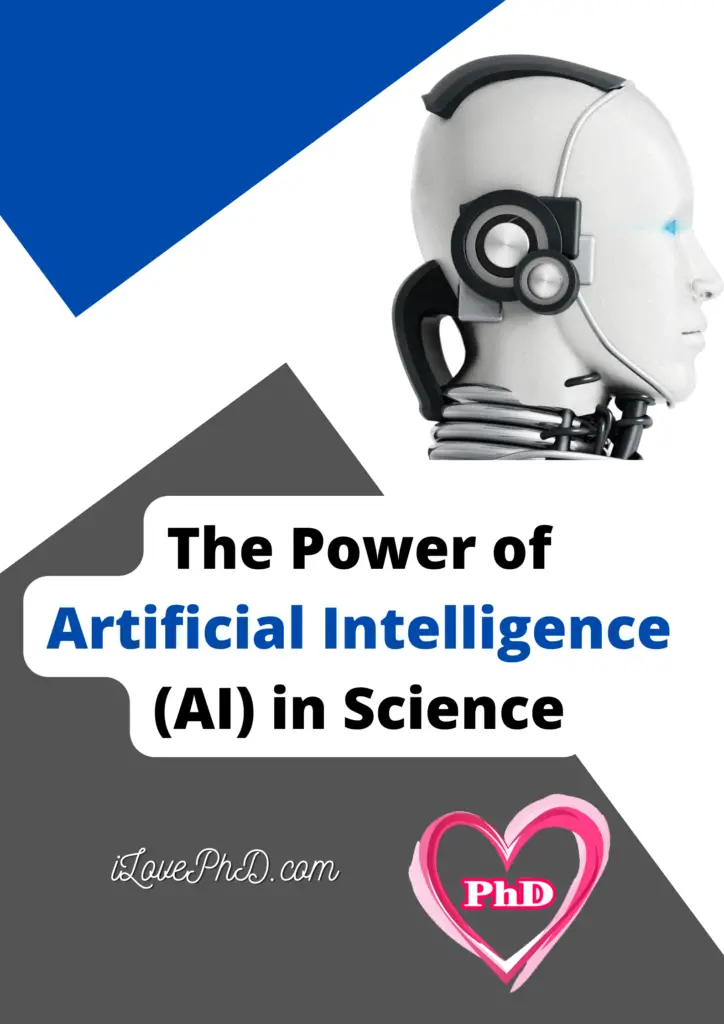Artificial Intelligence (AI) is a game-changing technology that is revolutionizing various industries, including science. In this blog article, we will explore how AI is transforming the field of science with applications across different disciplines, from drug discovery to climate science and beyond. By automating tasks, analyzing data, and generating valuable insights, AI holds the potential to accelerate scientific progress and unlock new possibilities.
Explore how Artificial Intelligence (AI) is revolutionizing science with applications in drug discovery, materials science, climate modeling, astronomy, and bioinformatics. Discover the transformative impact of AI in accelerating research, generating insights, and shaping the future of scientific discoveries.
AI in Science: Revolutionizing Research and Discoveries
AI in Drug Discovery
One of the most promising applications of AI in science is drug discovery. AI is being used to identify new drug targets, design novel drugs, and even predict the efficacy of drugs during clinical trials.
Companies like Atomwise employ AI algorithms to pinpoint proteins that may be involved in diseases, leading to the discovery of potential drug targets. Some of these targets have progressed to clinical trials, offering hope for groundbreaking treatments.
AI in Materials Science
In materials science, AI is proving to be a powerful tool for designing new materials with specific properties. Advanced AI systems developed by companies like DeepMind can create materials with desired attributes, such as high strength and lightness. These materials have promising applications in industries like aerospace and automotive, opening up new avenues for innovation and efficiency.
AI in Climate Science
The impact of climate change is a pressing global challenge. AI is playing a vital role in climate science by modeling the Earth’s climate and predicting future changes. Organizations like the National Oceanic and Atmospheric Administration (NOAA) leverage AI to develop sophisticated climate models.
These models help predict the consequences of climate change, such as rising sea levels and extreme weather events, enabling us to devise strategies for mitigation and adaptation.
AI in Astronomy
Astronomy has also embraced AI to handle vast amounts of astronomical data and accelerate discoveries.
The European Southern Observatory (ESO) uses AI algorithms to analyze data collected by telescopes like the Very Large Telescope (VLT).
This AI-driven analysis has led to the identification of new planets and galaxies, enriching our understanding of the universe’s evolution.
AI in Bioinformatics
In the realm of bioinformatics, AI plays a crucial role in analyzing vast biological datasets, such as DNA sequences. Illumina, a prominent company, utilizes AI to scrutinize DNA sequences and identify new genes and proteins.
This valuable information helps researchers gain insights into the genetic basis of diseases, paving the way for more effective treatments and personalized medicine.
The Future Impact of AI on Science
While AI is still in its early stages, its impact on science is already remarkable. As technology continues to advance, we can expect even greater applications and transformative changes in the scientific landscape.
By streamlining processes, identifying patterns in data, and assisting researchers with complex tasks, AI will enable scientists to achieve breakthroughs and push the boundaries of knowledge.
Artificial Intelligence has emerged as a powerful force in the realm of science, offering innovative solutions and unparalleled possibilities. From drug discovery to climate modeling and beyond, AI is reshaping the way scientific research is conducted.
As AI continues to evolve, its applications in science are likely to expand further, propelling us toward a brighter and more advanced future. Embracing AI’s potential in scientific endeavors can lead to faster progress, improved efficiency, and a deeper understanding of the world around us.
Also Read: Top 7 Artificial Intelligence (AI) Tools in Scientific Research
